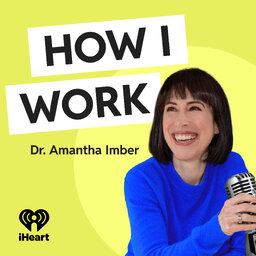Why Atlassian’s Dom Price is pursuing health for his whole family
Dom Price’s health journey didn’t start where he expected. In fact, it started in phases…
Phase one was a realisation. He’s always lived like a youngster - he’s energetic, excitable, passionate, and incredibly busy. This made him think he was immortal, even if he wasn’t exactly pursuing a healthy lifestyle. But he realised he was mortal the hard way when he was diagnosed with bowel cancer a couple of years ago.
He says it shocked him, but not quite enough to change him. Phase two was about actively focusing on his health, and it took a major life change to get to this phase.
Now that Dom’s a father, he’s realised what was going on - he was responsible only to himself, and the consequences of inaction would be his own to shoulder. That’s no longer the case, and Dom now pursues health and wellbeing not just for his own sake, but for the sake of his partner and his two young twins.
He dives deeper into the moments that changed his approach to health, and shares the main habits and behaviours that he’s finding most beneficial so far.
Connect with Dom on Twitter and LinkedIn and at https://domprice.me/
***
My new book The Health Habit is out now. You can order a copy here.
Connect with me on the socials:
If you are looking for more tips to improve the way you work and live, I write a weekly newsletter where I share practical and simple to apply tips to improve your life. You can sign up for that at howiwork.co
Visit https://www.amantha.com/podcast for full show notes from all episodes.
Get in touch at amantha@inventium.com.au
CREDITS
Produced by Inventium
Host: Amantha Imber
Sound Engineer: Martin Imber
Episode Producer: Liam Riordan
 How I Work
How I Work


